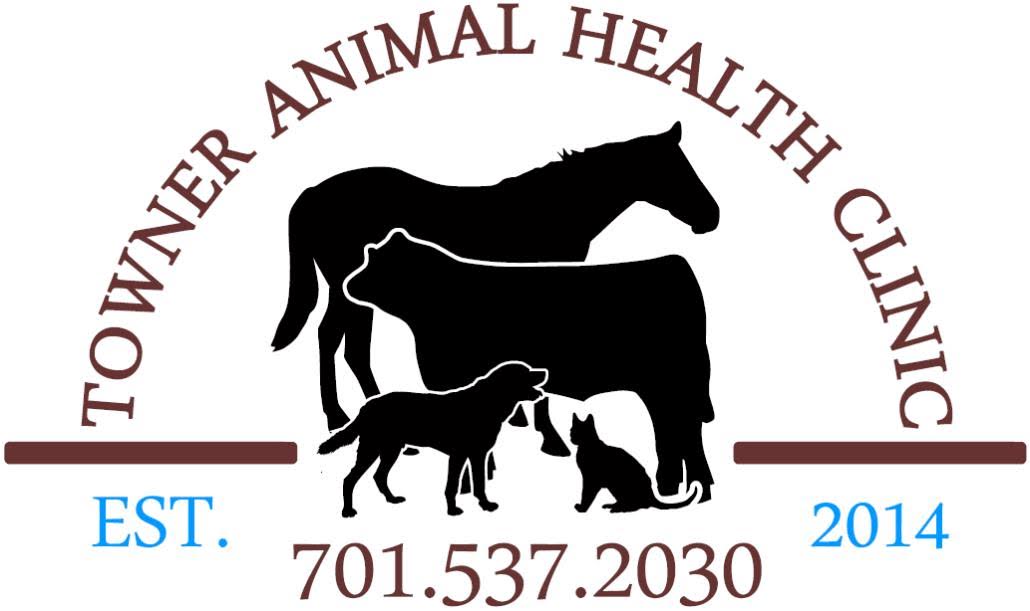Library
-
This handout summarizes the normal function of the dog heart, and outlines the abnormalities and changes associated with degeneration of the four different valves found in the heart. An explanation is provided of clinical signs associated with valve disease, as well as the recommended tests and treatments for this condition. Staging of heart disease is also discussed.
-
Chronic hepatitis is a progressive inflammatory liver condition. Although there are many potential causes, often the underlying cause is not identified. Initially there may be no clinical signs but as liver scarring increases, signs can include decreased appetite, vomiting, diarrhea, abnormal bleeding and a bloated appearance. Diagnosis, treatment and prognosis are discussed.
-
Chronic kidney disease (once called chronic kidney failure) is mainly a problem in mature and senior cats (seven years and older). Unfortunately, once the kidneys are damaged, they have minimal ability to recover. However, with proper management, most CKD cases progress very slowly. This handout describes the clinical signs of the condition, along with causes, diagnosis, treatment, and nutritional management.
-
The kidneys have many functions. They are primarily responsible for removing waste from the body and unfortunately in some dogs they will begin to fail at this task. Various tests will be done to determine the stage of kidney disease. Treatment will be recommended to help preserve the remaining kidney function and improve quality of life. Most dogs will respond well to treatment and can live a good life.
-
Chronic lymphocytic leukemia is a slowly progressing cancer of a type of white blood cell called a lymphocyte. It can develop at any age but is more typically detected in middle-aged to senior dogs. It also seems to be more prevalent in German Shepherds and Golden Retrievers. This disease is often asymptomatic and detected on routine lab screening. Further diagnostic procedures, as well as treatments and prognoses, are described in this handout.
-
Chronic upper respiratory tract disease in cats results from inflammation of any part of the upper respiratory tract. Many conditions contribute to this. Treatment is based on the underlying cause.
-
Chylothorax is a relatively rare condition in cats in which lymphatic fluid (called chyle) leaks into the pleural cavity (an area between the lungs and the inner lining of the chest wall), causing lung compression and the inability of the lungs to fill with air. This occurs more commonly in purebred cats. The causes, diagnostics, treatments, and prognosis are explained in this handout.
-
Clostridial enterotoxicosis is a complex and poorly understood syndrome characterized by diarrhea that is associated with the bacteria Clostridium perfringens (CP). It is associated with acute or chronic diarrhea. Clostridial enterotoxicosis is not caused by the bacteria directly, but by a toxin produced by the bacteria.
-
Your cat's skin and coat condition are good indicators of her health. A healthy coat should be shiny and smooth, not brittle or coarse, and healthy skin should be supple and clear, not greasy, flaky, or bumpy. Selective breeding has led to the development of cats with various coat characteristics requiring varying grooming needs. To maintain healthy skin and coat, your cat also requires a properly balanced diet.
-
The general condition of your dog's skin and coat are good indicators of his health. A healthy coat should be shiny and smooth, not brittle or coarse, and healthy skin should be supple and clear, not greasy, flaky, or bumpy. Selective breeding has led to the development of dogs with various coat characteristics requiring varying grooming needs. Nutrition also plays an important role in skin and coat maintenance.

